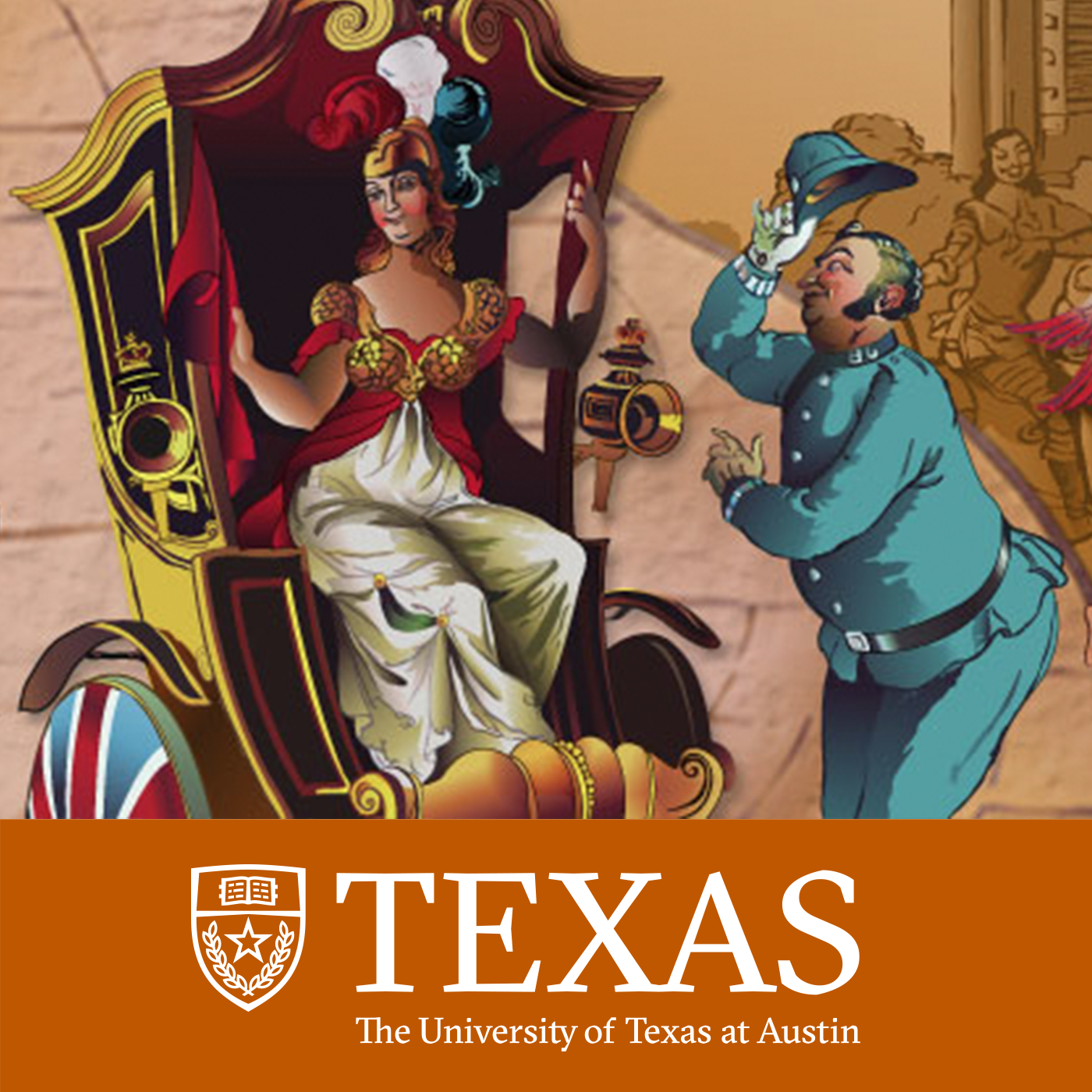Castro’s Challenge to Britain and the United States
Description
document.createElement('audio');
http://podcasts.la.utexas.edu/british-studies-lecture-series/wp-content/uploads/sites/4/2018/09/18-09-07-British-Studies-Lecture-Series.mp3
Speaker – Jonathan Brown
When Fidel Castro formed an alliance with the Soviet Union in 1962, it
sparked the Cuban missile crisis and became a defining incident of the Cold
War. Graham Greene’s Our Man in Havana predates the Cuban missile crisis, but
the plot involves missile installations and seems to anticipate the events of
1962. In the real world, the British tolerated the Cuban revolutionaries.
American politicians, for domestic reasons, could not. The British refused to
join the American economic boycott of the Revolution. Did Britain help the
Cuban Revolution to survive US antagonism?
Jonathan Brown’s book, Cuba’s Revolutionary World was published by Harvard
University Press in 2017. His other books include Oil and Revolution in Mexico
(1993); and A Socioeconomic History of Argentina (1979). His articles have
been translated into many languages including Chinese. With Alan Knight he
edited The Mexican Petroleum Industry in the Twentieth Century (1992). With a
UT Ph.D. in History, he has taught at UT History since 1983. He is presently
writing a book on the renegotiation of the Panama Canal Treaty.
More Episodes
Paula Marantz Cohen DREXEL UNIVERSITY
How can decline in enrollments in the humanities be explained? Nationwide in recent years estimates of the drop in liberal arts majors range from one-fourth to one-third of those in English, history, government, philosophy and other traditional subjects....
Published 03/10/20
Published 03/10/20
Aaron Pratt HARRY RANSOM CENTER
Before the publication of Shakespeare’s First Folio in 1623 and the efforts of subsequent editors and critics, England’s printed playbooks were considered “riff raff,” connected more with the world of London’s popular theaters than with what we might think of as...
Published 03/02/20


